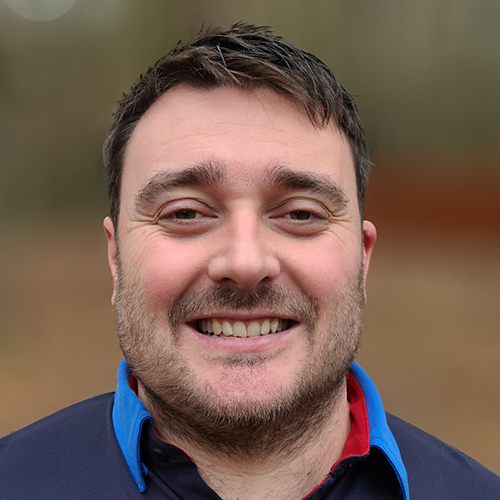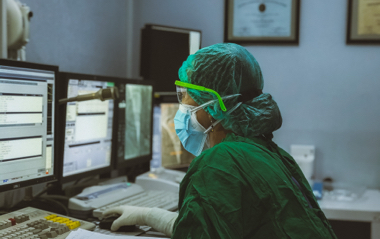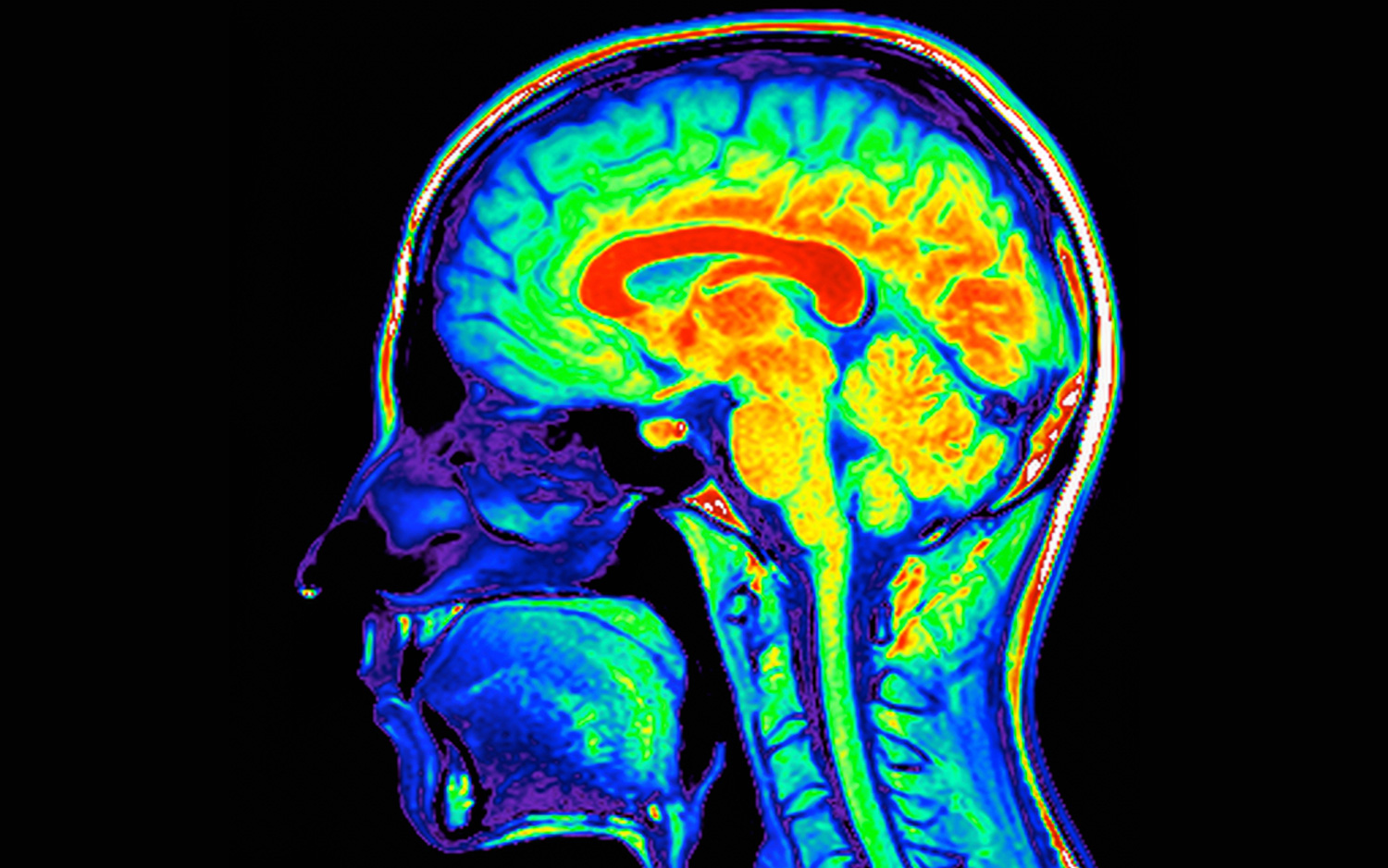Dr. Stephen Beesley
Dr. Beesley earned the Toffler Scholar Award in 2021 at Florida State University College of Medicine.
Biography
Stephen Beesley was born in Bolton, a city in the northwest part of England near Manchester. He attended the University of Leeds, where he studied biochemistry and molecular biology. From a young age, Stephen felt drawn to science in general, and to biology most of all. Science and biology came naturally, and even when his studies became difficult, he enjoyed learning about them.
While many in his position would pursue medicine, Stephen was drawn to research and testing. During his time as an undergraduate, he had the opportunity to spend a year working at the British pharmaceutical company GlaxoSmithKline. He enjoyed working with state-of-the-art equipment in his small, productive group that tested enzyme inhibition compounds as part of the drug discovery process.
That experience and energy of that work inspired him to complete his Ph.D. in Circadian Animal Biology — the study of internal processes that regulate sleep — at the University of Manchester.
He completed postdoctoral work at the University of California at San Diego, where he continued his research into circadian regulation. Following that tenure, he took a position doing postdoctoral work at Florida State University.
Currently, he holds a research faculty position at the Florida State College of Medicine, where he is researching frontal lobe epileptic seizures.

“Temporal lobe epilepsy is a lot for patients to bear. There are drugs available, but a lot of people are resistant to them. We’re trying to understand drug resistance, and the nature of the disease at the molecular level, and how to potentially make something that can treat everyone.”
- Stephen Beesley
Research Focus
Challenges
Research shows that temporal lobe epilepsy patients have lost neurons in certain areas of their brains. But the reasons why the neurons die are unknown. In many cases, epilepsy takes a while to develop, which means it’s difficult to find the root cause of the disease. Some potential causes include traumatic head injuries, repeated minor concussions, and even the body’s immune response to infection.
Most of the research being done on epilepsy focuses on the response from neurons in the brain. Because neurons are electrically active, you can stimulate neurons and measure those impulses. But there are other types of cells in the brain that could yield important information about epilepsy.

Focus and Priorities
Stephen Beesley is interested in one of these types of cells: astrocyte cells. Astrocyte cells are not electrically active, and their function is generally to maintain balance in the brain, taking up excess water and nutrients.
Sometimes, however, astrocyte cells can change from non-reactive to reactive. Changes in the astrocyte cells can be triggered by immune cells in the brain called microglia. Microglia release various signals in response to an injury or infection, which in turn can cause the astrocyte cells to become reactive. When Stephen and his team looked at the astrocytes in an animal model of epilepsy, they noticed that they had become reactive. Recent research has shown that reactive astrocyte cells can either be neurotoxic (harmful to neurons) or neuroprotective (helpful to neurons).
Stephen’s current research focuses on understanding how these astrocyte cells change in the early stages of epilepsy. Preliminary research in rats shows that neurons are lost very soon after an injury, typically within the first couple of days. Within the first five days, there’s an increase in the number of astrocytes and microglia. However, seizures don’t occur until some time between seven and fourteen days. Stephen’s team is researching the changes in the astrocyte cells before seizures develop. This research into astrocyte cells is still a relatively new area, particularly when it comes to temporal lobe epilepsy.
Potential Future Benefits
Stephen and his team hope their research will lead to new discoveries surrounding the change in the astrocyte cells, and if there are triggers that create a reaction in the astrocytes that determine whether they are neurotoxic or neuroprotective.
Additionally, he hopes that this information could provide a different avenue to research a new target and therapeutic set that could lead to the future development of therapies for epilepsy. This finding is especially important because roughly one-third of epilepsy patients are resistant to current therapeutic drugs, meaning any new treatments could bring relief to millions of people.

Karen Toffler Charitable Trust Investment
The Investment from the Karen Toffler Charitable Trust will enable Stephen to research astrocyte triggers and how they affect patients with epilepsy. Because this field of research on astrocytes as they relate to epileptic seizures is new, it is difficult to find other funding sources. Stephen hopes his research will lead to new targets for drug therapies, ultimately helping the many patients who are resistant to other epilepsy drugs.
“Thinking is a major component of science, and I think that's underappreciated in the wider world. You can't quantify thinking, in terms of how much money it brings in. But thinking is the fundamental aspect of science. There's no point in doing experiments without first thinking about them.”
- Stephen Beesley